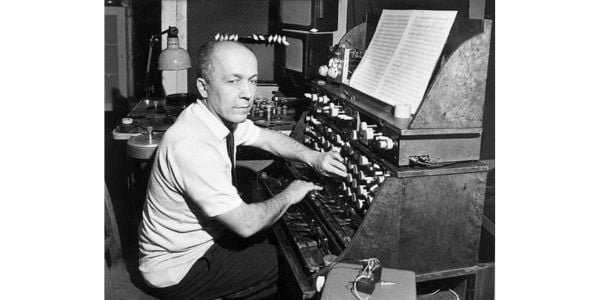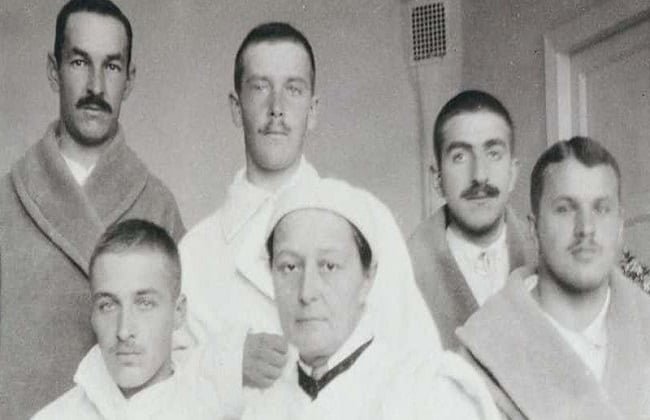Table of Contents
For many, the act of picking up a novel is an escape, a ticket to another world, or a means to live a thousand lives. Novels, in their essence, are more than just books—they are windows to varied human experiences, cultures, and worlds, both real and imagined. But there’s another layer to exploring novels, which goes beyond just reading for leisure or escapism.
When we study novels, we dive deeper into the intricate web of narratives, character developments, themes, and motifs.
The History and Evolution of Novels
The novel as a literary form has undergone significant evolution since its inception. Originating in the 17th century, early English novels such as Daniel Defoe’s “Robinson Crusoe” and Aphra Behn’s “Oroonoko” were pioneering works that explored new narrative techniques. These writers were at the forefront of a wave that gave rise to the novel as a dominant literary form.
From the romantic epics of Jane Austen and the Brontë sisters to the critical realism of Dickens and Tolstoy, the novel has been a mirror reflecting societal changes, beliefs, and aspirations. As we study novels through different eras, we can chart the shifts in societal attitudes, norms, and values.

Why Study Novels?
1. Deep Understanding of Culture: Novels often provide a snapshot of the culture and period they were written in. For example, F. Scott Fitzgerald’s “The Great Gatsby” gives readers an intimate look into the Roaring Twenties and the Jazz Age in America.
2. Enhanced Empathy: Novels allow readers to step into the shoes of characters, fostering empathy. This deep emotional connection helps readers understand diverse perspectives and experiences.
3. Analytical Skills: Studying novels requires dissecting plots, understanding character motivations, and interpreting underlying themes. This hones analytical and critical thinking skills.
4. Language and Expression: The linguistic richness of novels can improve vocabulary and language comprehension. Readers also get to appreciate the beauty of prose and the art of storytelling.
Approaches to Studying Novels
Literary Analysis: This involves dissecting the text to understand its structure, themes, symbols, and motifs. Techniques such as close reading help delve into the intricacies of the narrative.
Historical Context: Understanding the time period when the novel was written can provide insights into its themes and character motivations. For instance, studying the Victorian era can enhance the appreciation of novels by Charles Dickens or Thomas Hardy.
Comparative Studies: By comparing novels from different authors, regions, or time periods, one can gain deeper insights into the evolution of narrative styles, themes, and cultural contexts.
The Modern Landscape of Novels
With the advent of digital technology, novels have transcended the traditional paperback format. E-books, audiobooks, and interactive novels have changed the way we consume and study literature. Moreover, genres like graphic novels have gained immense popularity, pushing the boundaries of traditional storytelling.
Modern novels also reflect the complexities of contemporary society, touching upon issues like identity, technology, and globalization. Authors like Jhumpa Lahiri, Haruki Murakami, and Chimamanda Ngozi Adichie offer fresh perspectives, enriching the global tapestry of literature.
Studying novels is a rewarding endeavor that opens the door to cultural understanding, emotional growth, and intellectual development. Whether you’re a student seeking to understand the intricacies of a particular work, or simply a curious reader aiming to deepen your appreciation of literature, delving deep into the world of novels offers innumerable treasures.
As the famous quote by George R.R. Martin goes, “A reader lives a thousand lives before he dies… The man who never reads lives only one.” In studying novels, not only do we live these thousand lives, but we also understand, appreciate, and grow from each one of them.
Also, read Sculptura































